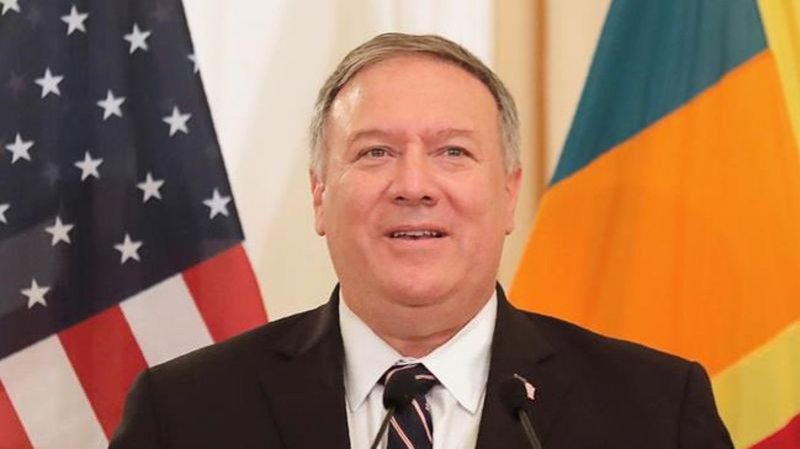
Pompeo wraps up anti-China tour of Asia in Vietnam
HANOI, Vietnam — U,S. Secretary of State Mike Pompeo is wrapping up an anti-China tour of Asia in Vietnam as the fierce American presidential election race enters its final stretch.
With just four days left in the campaign in which China has been a central theme, Pompeo was visiting Hanoi on Friday ostensibly to celebrate 25 years of U.S.-Vietnam relations. But as he has at his previous stops in India, Sri Lanka, the Maldives and Indonesia, Pompeo is expected to highlight the Trump administration’s antipathy toward China, its handling of the coronavirus pandemic, its human rights record and aggressiveness towards its smaller neighbours.
Those issues, particularly the Chinese origin of the virus, have been highlighted by President Donald Trump as he seeks to beat back a stiff reelection challenge from former Vice-President Joe Biden in the Nov. 3 polls. Trump has sought to paint Biden as weak on China and beholden to it, repeatedly raising questions about alleged connections between Biden’s son, Hunter, and Chinese businesses.
Vietnam was a late addition to Pompeo’s itinerary and has numerous concerns about Chinese policies in the region. Those range from Beijing’s territorial and maritime claims in the South China Sea to its development activities along the Mekong River, which runs through much of mainland Southeast Asia and is a regional lifeline.


